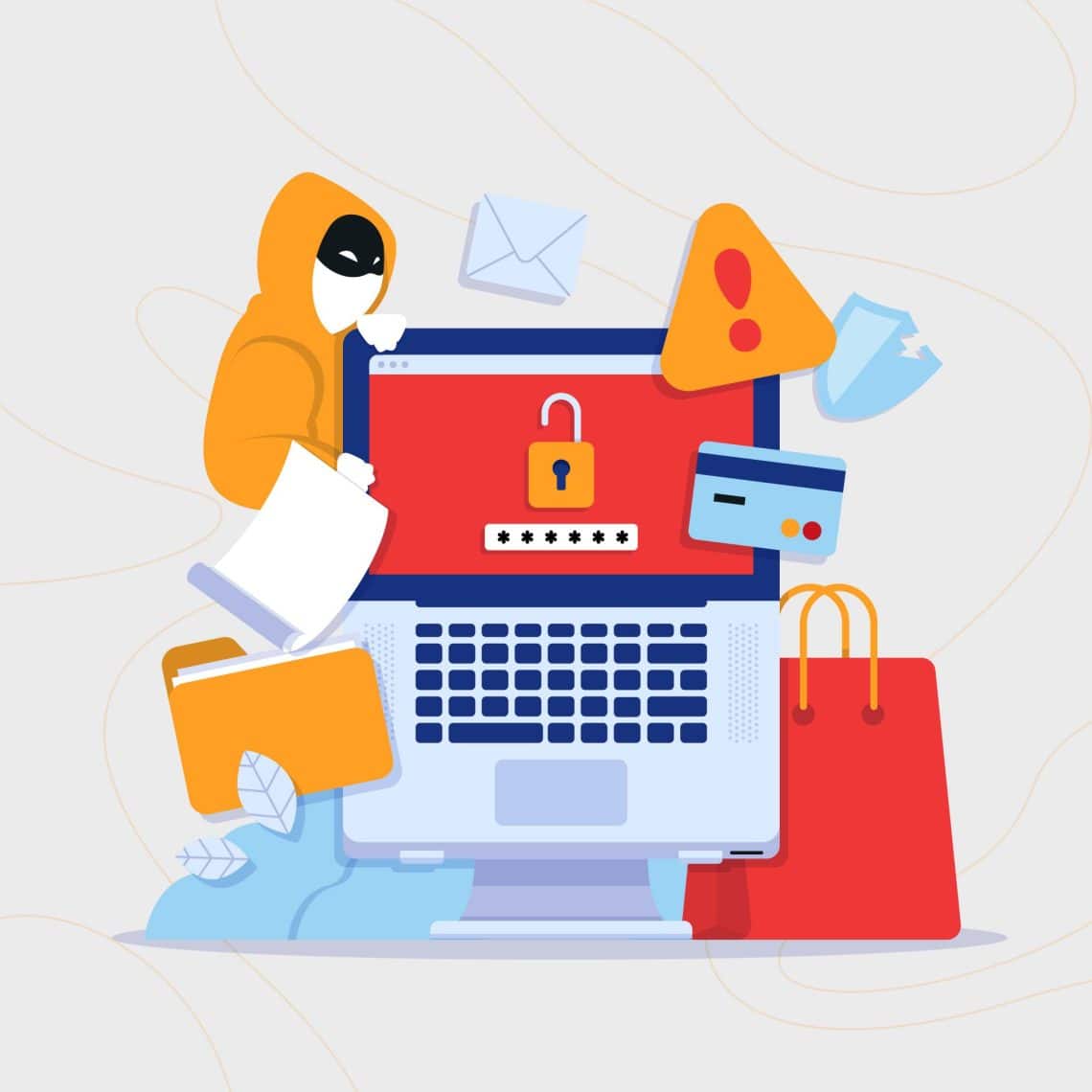Online stores have greatly improved the shopping experience. Visit any popular e-store, and you will find a mind-boggling array of products at competitive prices. They are open 24/7 and may even deliver orders to your doorstep (the generic boxes help if your order is embarrassing). You can also compare prices and find deals from different sellers and stores. Every day, more people discover the joys of online shopping, its ease, and its growing popularity. And frankly, the fear of COVID-19 has also increased its appeal.
While brick-and-mortar stores are launching e-stores, fraudsters are thinking up ways to scam shoppers and steal their financial details. However, with our tips and some diligence, you can keep your details and money safe and enjoy a safer online shopping experience. You probably want to get this over with and return to shopping, so we’ll get right to it.
Avoid New e-Stores
Most frauds are committed by new sellers or through new stores. You should avoid them and do your research if you can’t. Read the store’s return and buyer protection policies and ensure they have a working contact for complaints and inquiries. Refrain from buying expensive items from new stores and buy only luxury goods from authorized distributors.
Verify the URL
When you’ve found a store that ticks the above boxes, you should check if its site is secure. Check the URL and ensure it begins with https://. Also, check to ensure it is correct, as hackers often clone legitimate stores with slightly misspelled URLs or different top-level domains (e.g., .com and .net). When shopping on mobile, you should consider using the store’s app as it’s more secure, and URLs can’t be faked.
Check for Security Certificates
There should be a locked padlock beside the URL on most browsers. Clicking on it will bring up the site’s security certificate(s). The store’s checkout should display trust seals, with VeriSign, McAfee, and TRUST being the most well-known. Don’t ignore browser warnings about invalid certificates.
Research Sellers
There are also fraudulent sellers in well-known stores, so check out a seller before placing your order. Buyer reviews and the number of goods sold are things to look out for. Beware of unrealistically good reviews, as sellers sometimes game the system. You can find seller reviews on sites like Trustpilot and online forums.
Be Wary of Unrealistically Low Prices
Ridiculously low prices on ordinarily expensive items should raise your hackles, as they’re most likely fake. Even online, businesses seek to make a profit or at least avoid loss. You should visit the brand’s official website or a reputable offline store to get a realistic idea of the price. If a deal is too good to be true, it usually is.
Secure Your Devices
Sometimes, it’s not them. It’s you. If your device contains viruses or malware, your details can be stolen, even when using a secure site with honest sellers. Keep your antivirus and software up to date and avoid downloading software from unauthorized sources. You should also avoid opening suspicious links or emails.
Use Official Software
Choose official software always, especially when it is not free. It is regularly checked and updated to keep it on track with the latest security features. Unofficial software, if lucky, merely contains ads and trackers that drain your data. At worst, it can include lines of malicious code that grant a hacker access to your device and information.
Don’t Shop on Public Wi-Fi
Public Wi-Fi exposes your financial details to fraudsters. Resist the temptation to use public Wi-Fi when shopping, as it leaves you open to attacks. If you don’t have any other options, you should use a strong and trusted VPN client to shield your activities from prying eyes.
Watch Out For Snoopers
Prying eyes include snoopers. A snooper behind you can quickly memorize your card details without your knowledge. While it’s an unsophisticated attack, it’s pretty effective. If you have to do your shopping in a public place, find a spot where you can sit with your back to the wall. You can also use your phone to reduce the risk of being snooped on.
Keep Your Information Safe
Always use a strong password of upper- and lower-case characters with symbols. You can also use a short phrase or sentence. Enable two-factor authentication to make your accounts more secure. Carefully scrutinize external links and information requests that take you away from an e-store. Refuse to share any details that are not required to process your payment. Optional fields should generally be left blank. Avoid saving your financial information online or in auto-fill forms. Always sign out after shopping, especially if using someone else’s device. It’s also good practice to clear your browser history and cookies after each shopping session.
In the unlikely event that your card details are stolen, you should notify your bank to prevent the fraudster from using them. Keep proper documents for your online transactions. When dealing with a potentially fraudulent seller, keep details of your dispute and involve the site authorities early. By following the above tips, you can shop hitch-free on all your favorite online stores (unless you pick a fight with Anonymous). So log on to your favorite stores and shop till you drop (your card, that is).
Which of the following tips have you been following? Which ones are you just learning about? I’d love to hear from you. Feel free to comment below.




